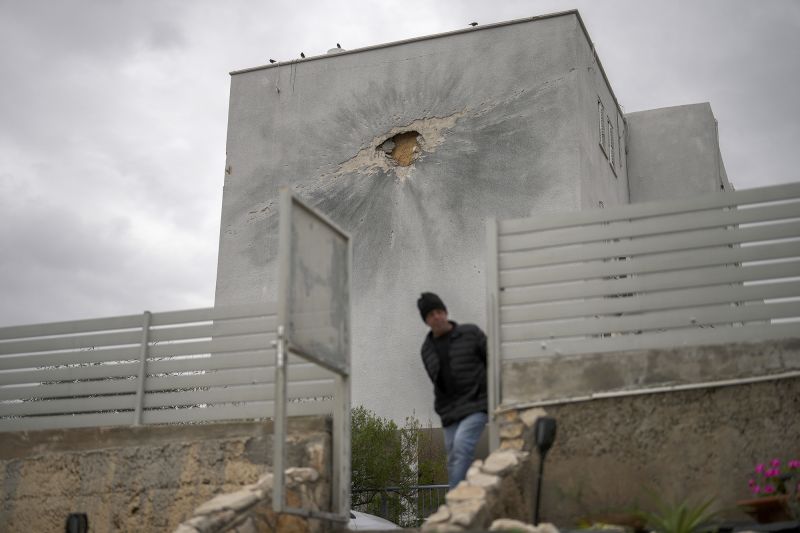
Northern Israelis Experience Unprecedented Peace Amid Lingering Hezbollah Concerns
Continuation…
Israeli officials have credited the United Nations and other international actors for their mediation efforts in securing the ceasefire. The ceasefire agreement requires both parties to exercise restraint and refrain from provocative actions that could escalate tensions.
Hezbollah, the Lebanon-based militant group, has been a perennial concern for Israeli security forces due to its close ties with Iran and its significant arsenal of rockets and missiles. Israeli analysts suggest that Hezbollah could be using this period of calm to replenish its weapons stockpiles, improve its military capabilities, and prepare for potential future conflicts with Israel.
Despite the relative calm that has prevailed in northern Israel since the ceasefire, Israeli civilians remain on edge, mindful of the ever-present threat posed by Hezbollah. Residents in the border communities are grateful for the respite from rocket attacks but are aware that the current calm may be temporary.
In response to the ongoing concerns over Hezbollah’s threats, Israeli authorities are boosting security measures along the northern border, deploying additional troops and implementing enhanced surveillance technologies to monitor potential threats. The Israeli military is also conducting regular drills and exercises to maintain readiness in the event of a resumption of hostilities.
The ceasefire presents an opportunity for diplomatic channels to be explored further to address the underlying issues and potential sources of conflict between Israel and Hezbollah. Efforts to de-escalate tensions and prevent future flare-ups are essential for the stability and security of both Israel and Lebanon.
As the ceasefire holds, it remains critical for all parties involved to uphold their commitments and work towards peaceful coexistence in the region. The recent period of calm offers a glimpse of hope for a more peaceful future for northern Israelis and the residents of southern Lebanon, but the specter of Hezbollah’s threats continues to loom large, underscoring the fragile nature of the security situation in the Middle East.
